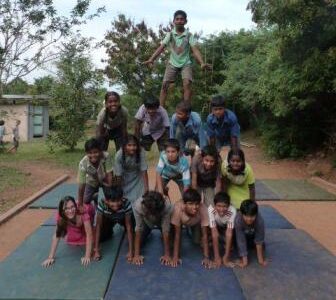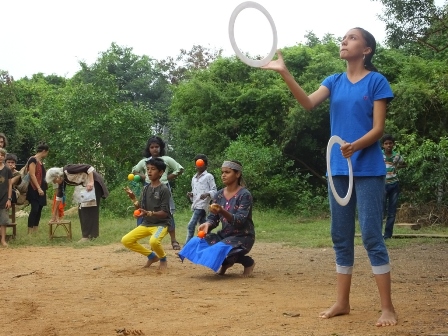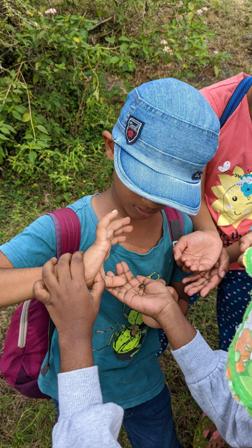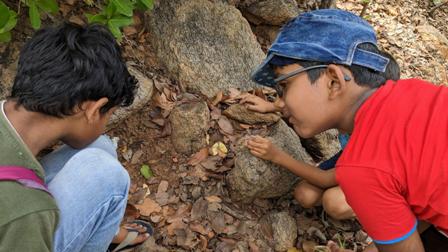Child-centered leadership: nurturing budding leaders
This Photo Essay captures the contours and effects of school leaders’ work in an alternative private school with distributed leadership. This photo essay visually share with us the range of work that school leaders perform on an everyday basis, and the transformational effect they can have in education
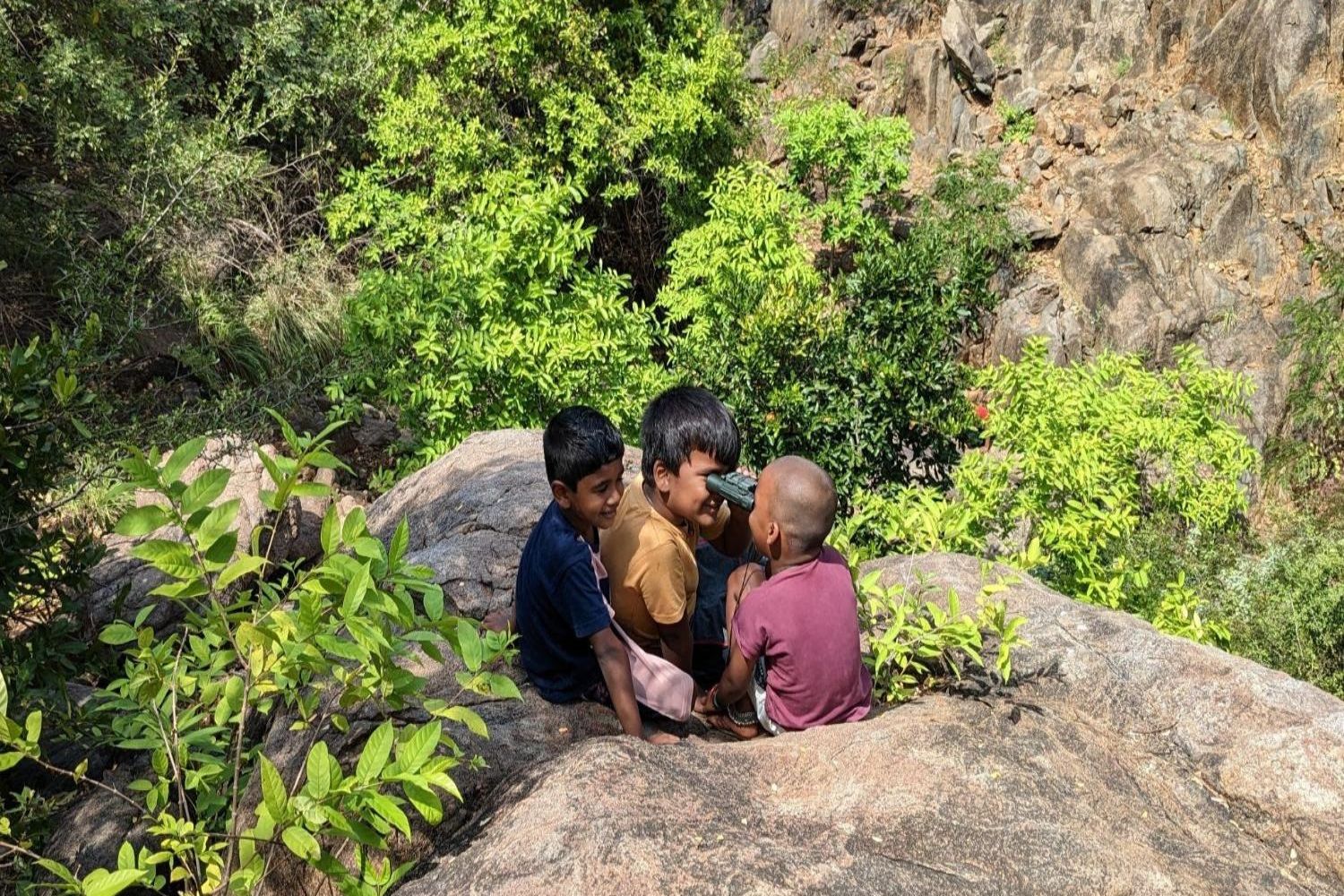
V. Arun is a teacher at Marudam Farm School. He makes decisions that alter every child’s learning journey in the best possible way. With the school values and beliefs at the center, Arun encourages a proactive learning environment amidst nature for children to collaborate, learn and thrive in. In this photo essay, immerse yourself in the lives of children of Marudam.
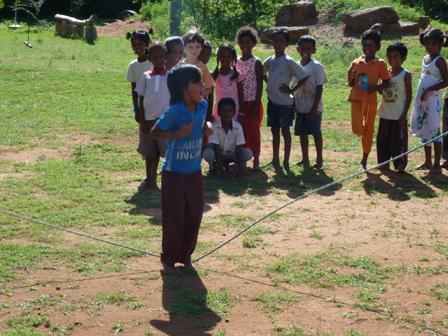
Diverse pedagogies for a diverse population: 75% of the school’s students hail from rural areas, and much of the rest are from other nationalities. Some of the children have disabilities. There are some who belong to indigenous groups. Conscious attempts to adopt pedagogies helps the school meet the diverse learning needs of all children.
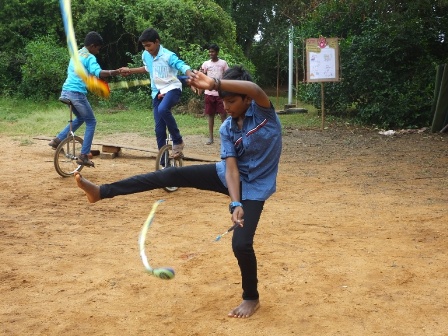
The body as a learning tool: At Marudam, they believe that children learn from their bodies, senses and movements. There is high importance given to physical activities. Every student spends one hour on physical training and another one hour on unstructured play time.
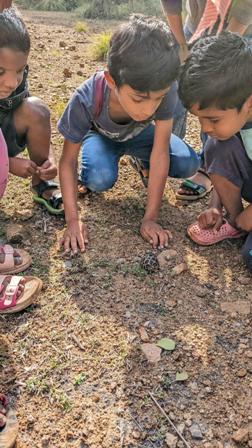
Learning through nature: Interacting with and experiencing nature occupies half of the children’s day. Most of the promoted pedagogies are experiential. So, nature plays a crucial role.
Play = Learn: Learning is not restricted to the cerebral and the verbal. Communication, interpersonal relationships, life skills and many other cognitive skills develop through play. Play ensures children’s interest to come to school and enjoy learning as they play.
